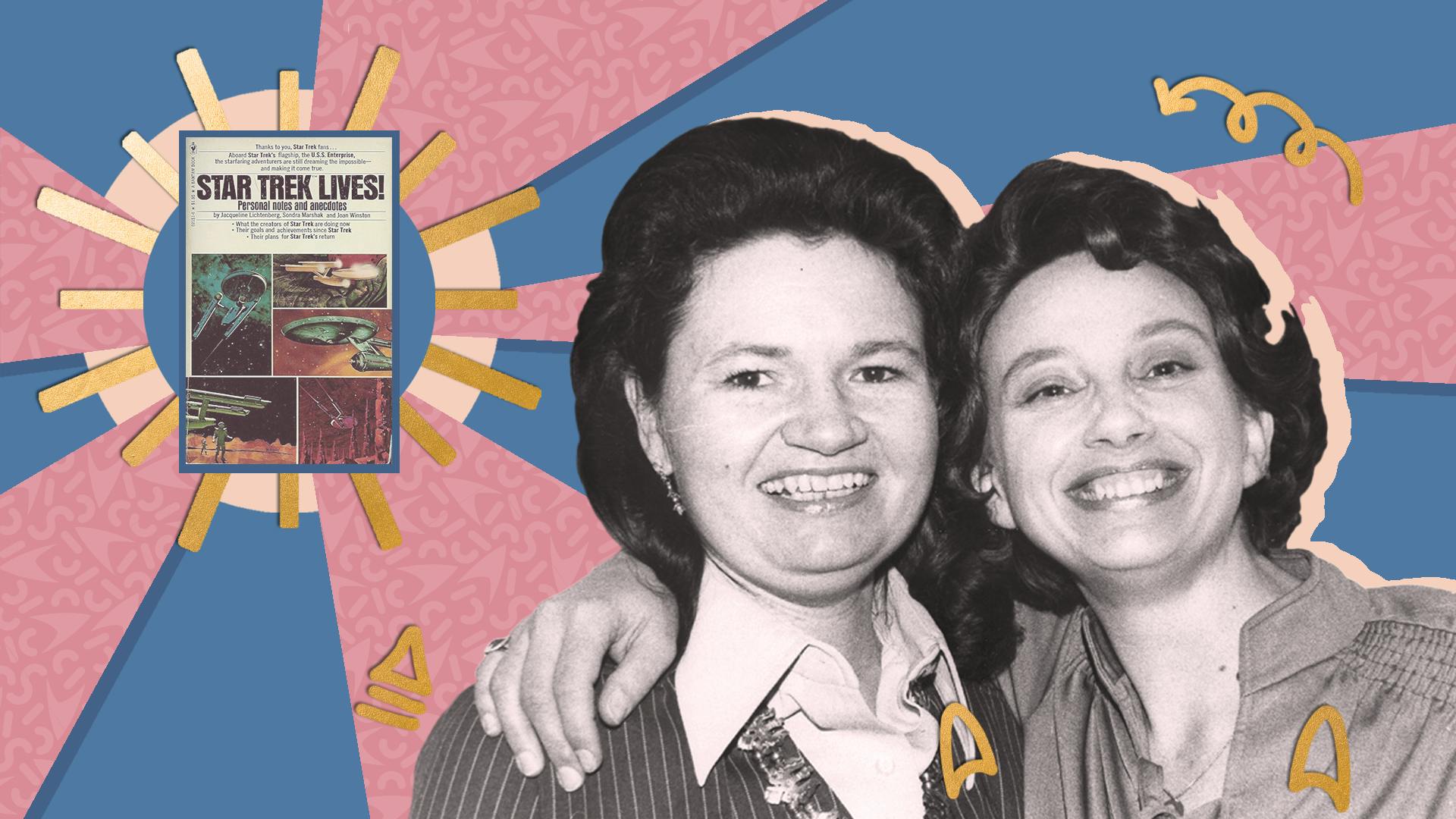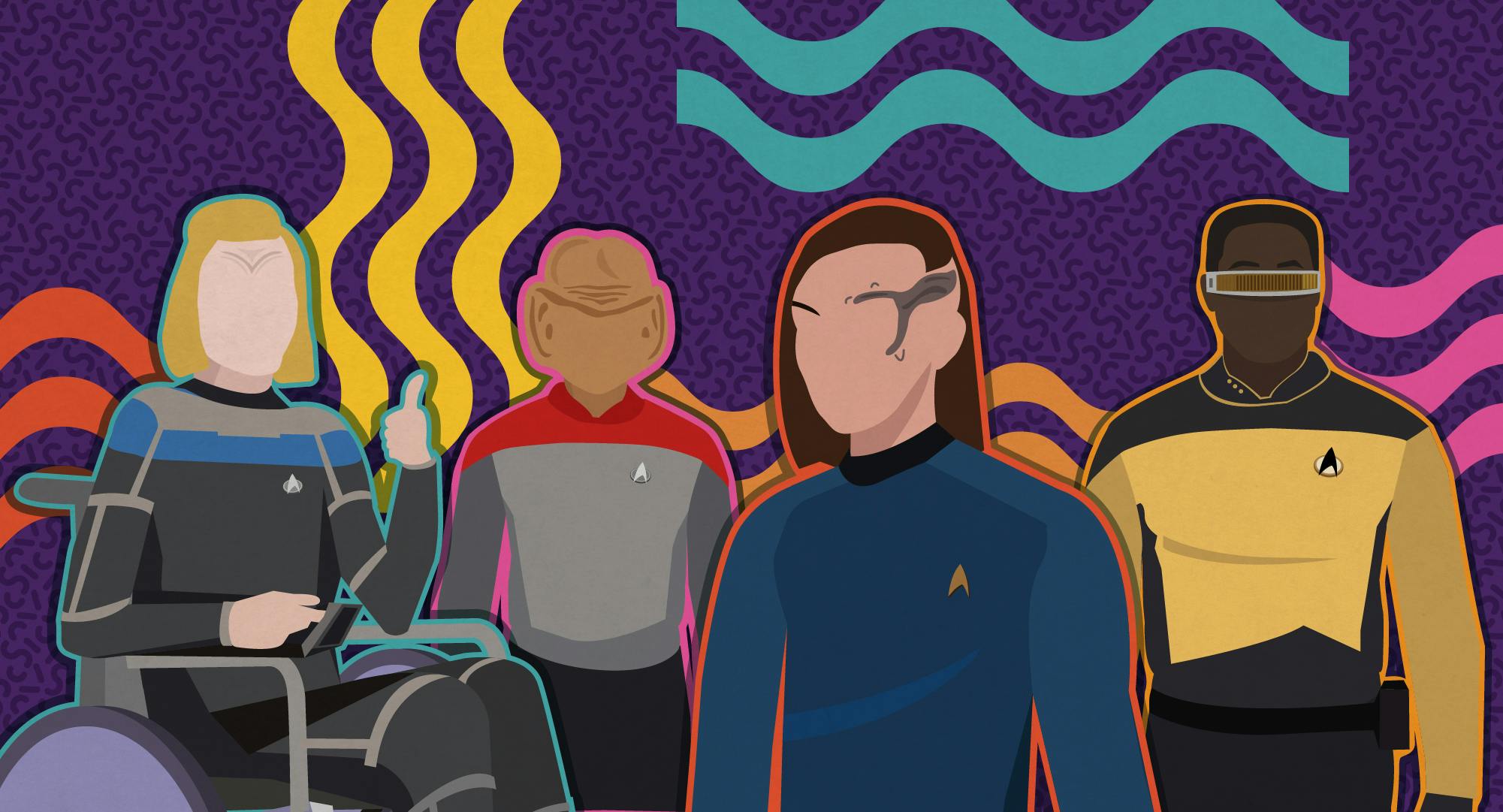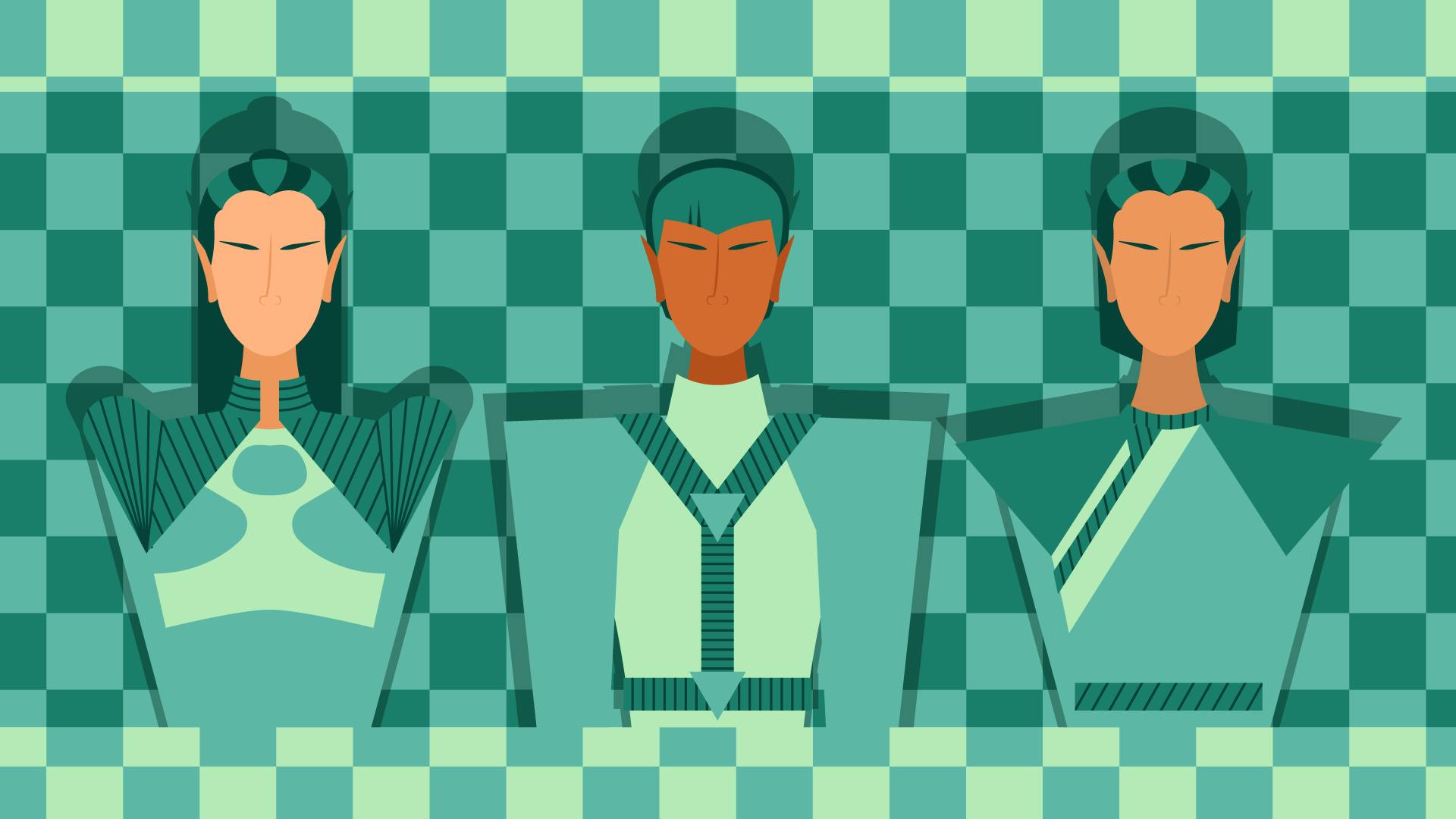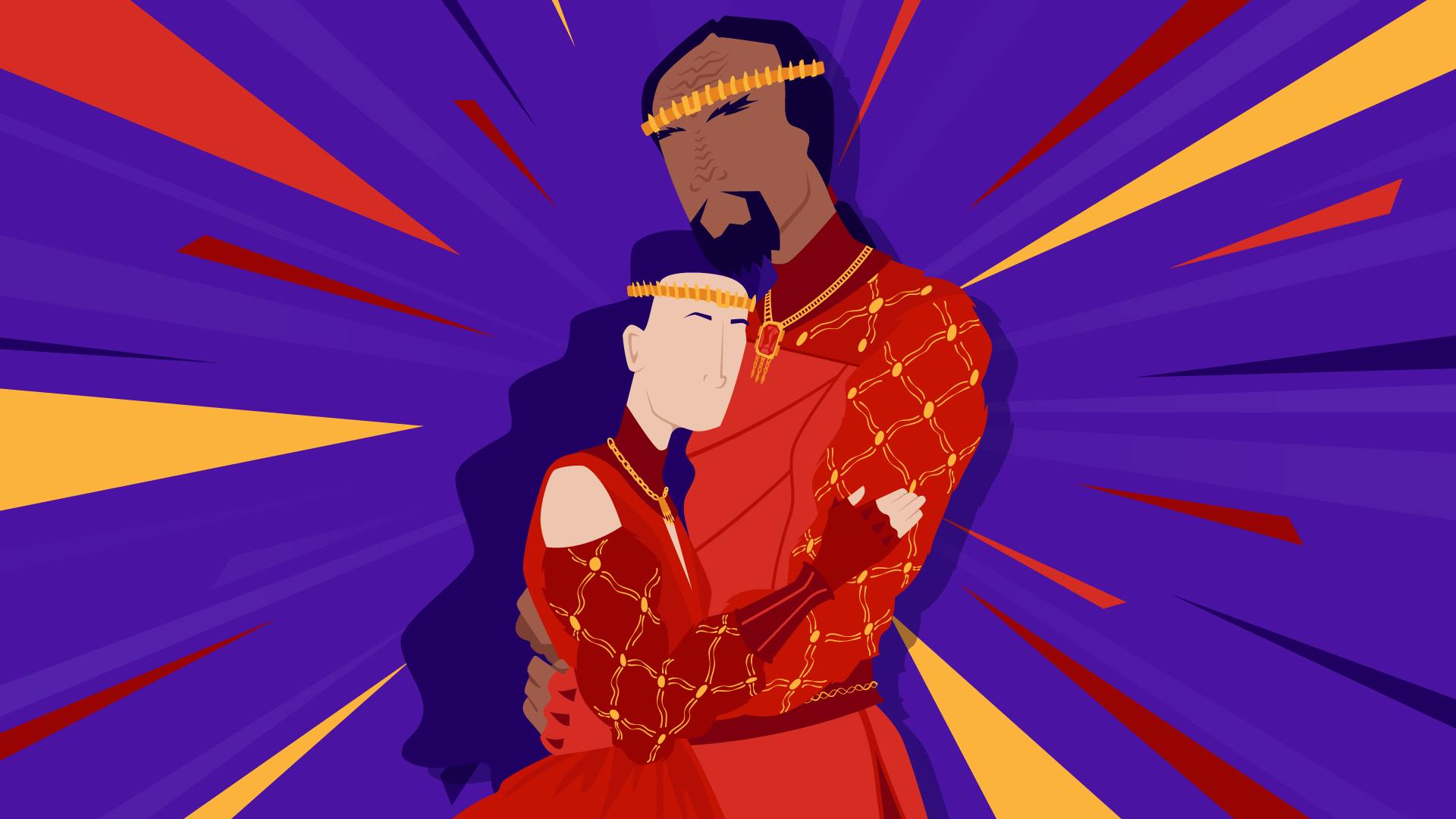Published Nov 21, 2023
A Field Guide to Alien Greetings
Here's a guide to what to say, and what to expect, when making First Contact.

StarTrek.com
Cosmic diplomacy is a complicated game. First Contact with any new alien species requires a delicate approach — first impressions are important, and when something goes wrong, it can be awkward at best. At worst, a poor First Contact leads to an intergalactic incident! But there’s no one-size-fits-all strategy for proper behavior in the company of another species.
Any good Starfleet officer will need to know when to muster up the patience for the Chandrans’ three-day ritual to say “hello,” or when to avoid Hirogen space — they’re more the type to shoot first, and make contact later, if at all.
With that in mind, here’s a field guide on how to greet alien species, and what to expect when they greet you.
Vulcan
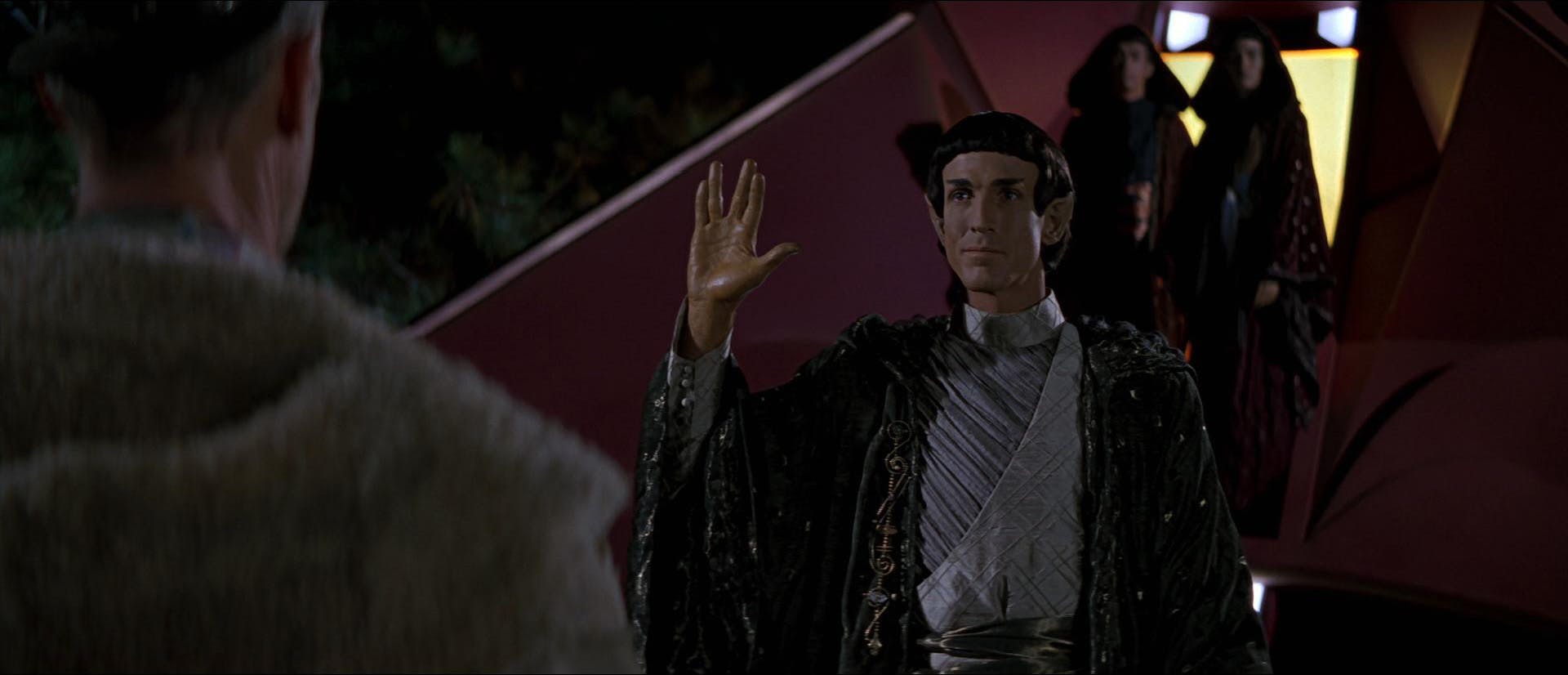
Star Trek: First Contact
StarTrek.com
Vulcans are known for holding logic as a core value, placing it in greater esteem than emotion. That doesn’t mean they’re not gracious, however.
In , the Vulcans that arrive in Bozeman, Montana greet their human hosts by holding up — holding one’s hand up with the middle and ring fingers separated. This gesture is often accompanied by the phrase, “Live long and prosper,” which, like the Hawaiian “Aloha,” doubles as a farewell.
Klingon
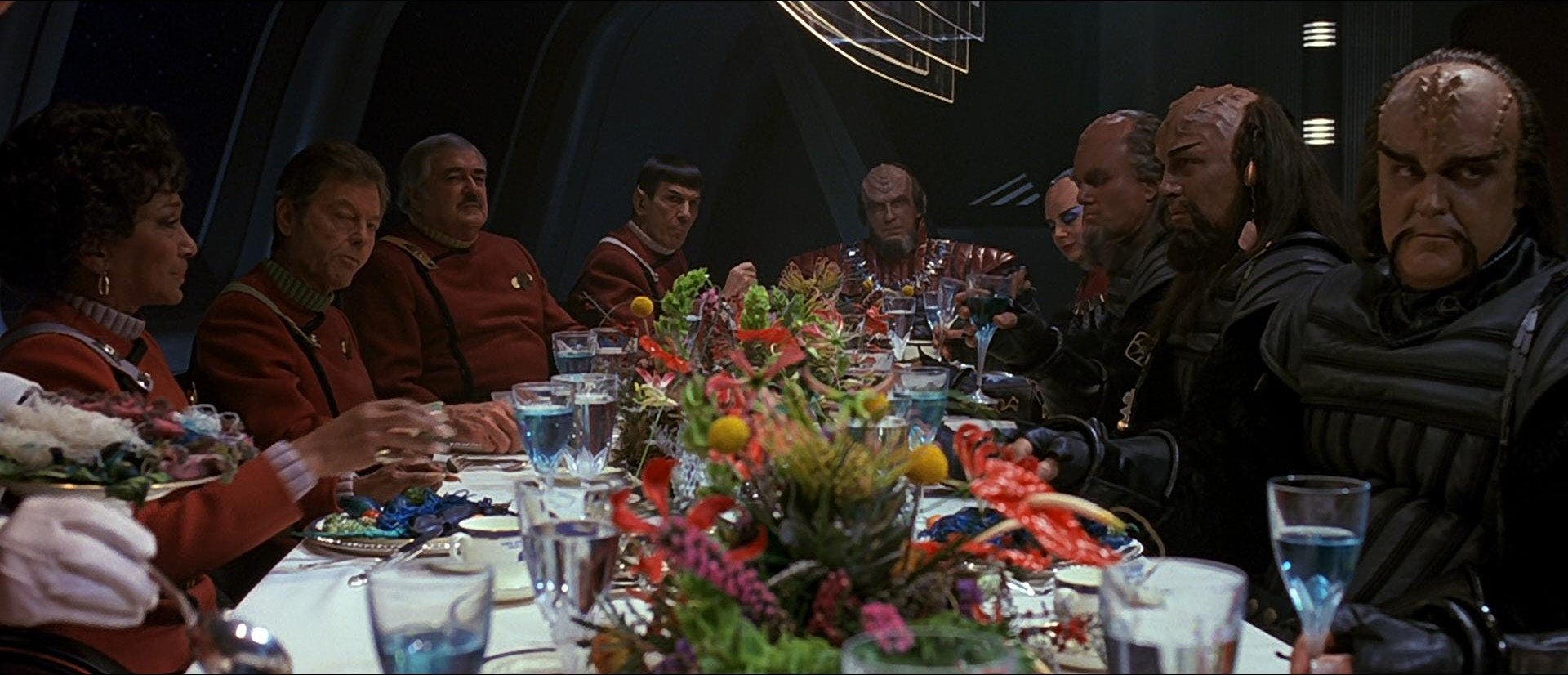
Star Trek VI: The Undiscovered Country
StarTrek.com
Honor is king in the Klingon Empire — social niceties are not.
Where a Romulan or Cardassian might employ cordiality as pretext for deception, a Klingon will always let you know where you stand, if not always gently. “Good morning” or “How do you do?” generally don’t apply on Qo’nos. A traditional Klingon greeting is “nuq’neH,” which translates to “What do you want?” though the mechanics of it are a little delicate — only ask when being approached, not when approaching.
Ferengi
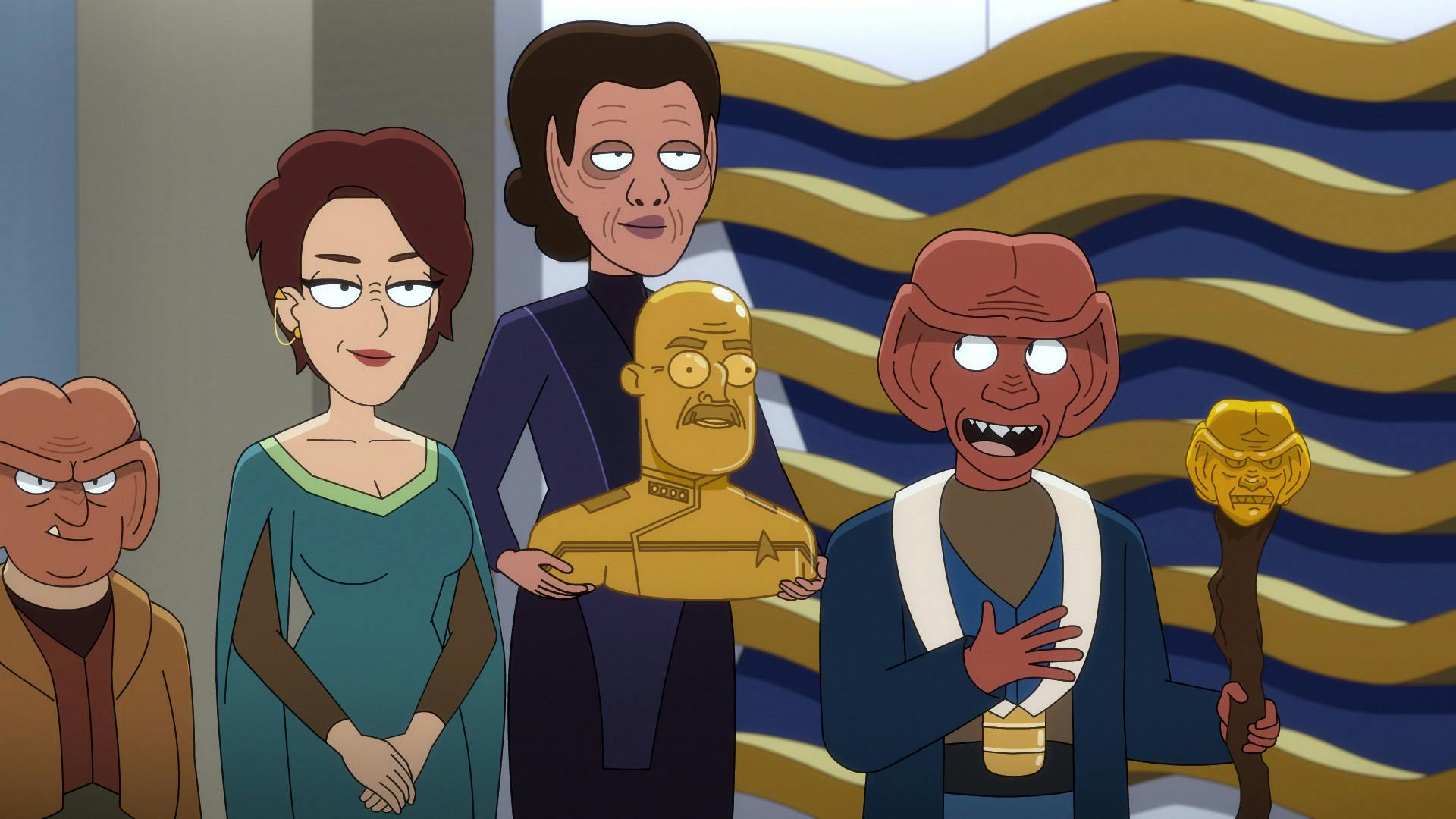
"Parth Ferengi's Heart Place"
StarTrek.com
The profit-seeking Ferengi have a hand gesture, not unlike the Vulcans, that they use when greeting other Ferengi. They hold their wrists together, and when in the presence of nobility like the Grand Nagus, also bow in submission. But should one invite you into their home, expect them to say, “My house is my house,” to which you would reply, “As are its contents.”
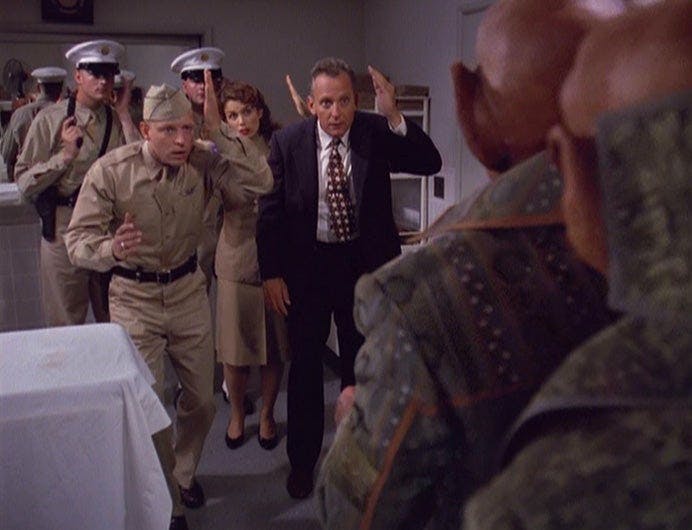
"Little Green Men"
StarTrek.com
It’s also helpful to have a universal translator on hand, however, so as not to make the mistake of the 20th Century humans in ’s “” who confused head-smacking as a method of communication.
Bajoran
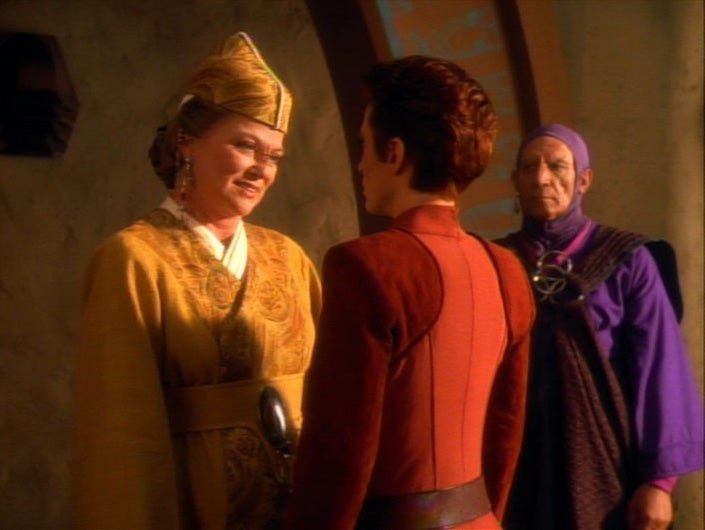
"The Collaborator"
StarTrek.com
In general, greeting a Bajoran is pretty straightforward.
A simple “hello” or “good day” will suffice. But because of their spiritual nature, there are situations that call for more formality. For instance, during the Gratitude Festival, as seen in Deep Space Nine’s “,” the traditional way to greet a Bajoran is “peldor joi.” Which would accompany the burning of Bateret leaves and renewal scrolls.
Risian
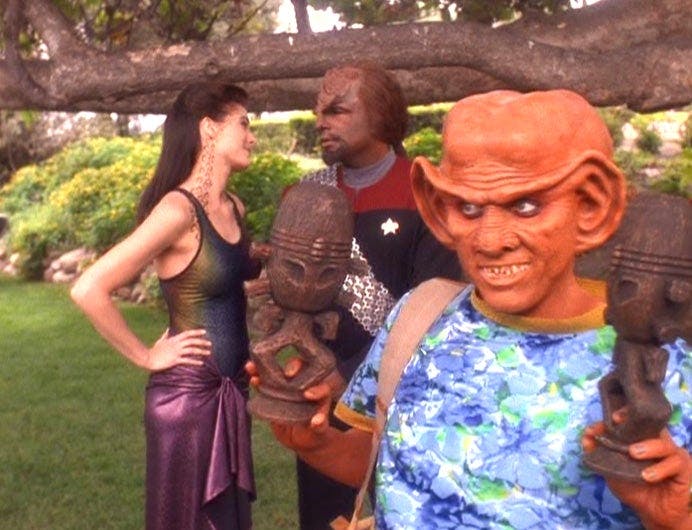
"Let He Who Is Without Sin..."
StarTrek.com
Inhabitants of the , a popular vacation destination for members of the Federation, have an Epicurean philosophy that they’re more than happy to share with guests. That hedonistic lifestyle is precisely what makes it so appealing after a lengthy mission in the Alpha Quadrant, and upon arrival on Risa, the Risians will typically greet visitors by saying “All that is ours is yours.”
They’re quite generous, and they expect you to enjoy yourself. And for some extra attention, display a horga’hn statue to signal that you’re open to jamaharon.
Romulan
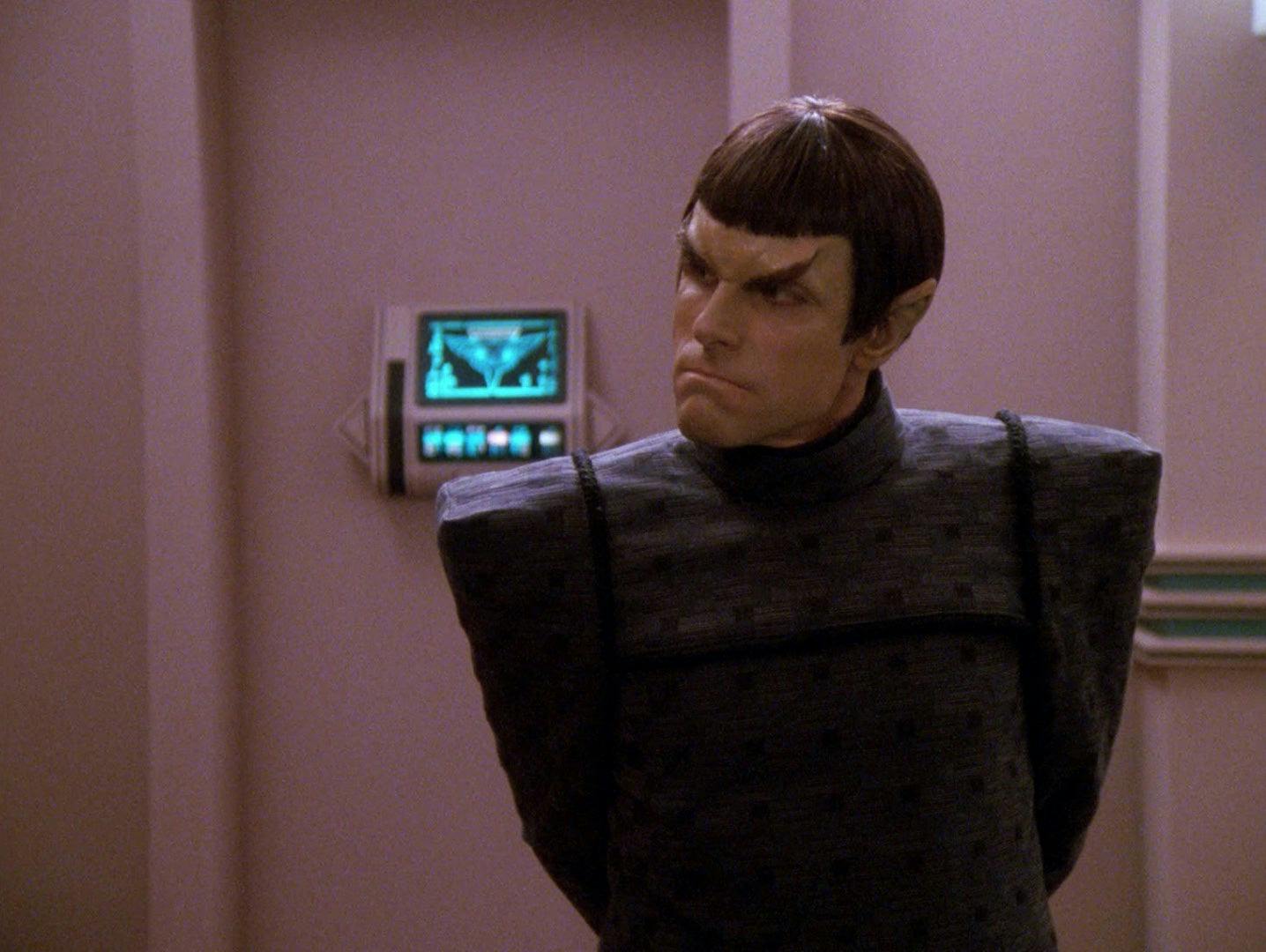
"Unification, Part I"
StarTrek.com
As their adversarial relationship with the Federation of Planets has shown, Romulans tend to have, at best, a skeptical view on outsiders.
That being said, there are formal greetings in Romulan society, as heard in episode “,” such as “Jolan tru,” which can be translated as “May your day be filled with peace.” Saying so wouldn’t necessarily smooth out any potential hostilities in the Neutral Zone, by any means, but it certainly couldn’t hurt.
The Children of Tama
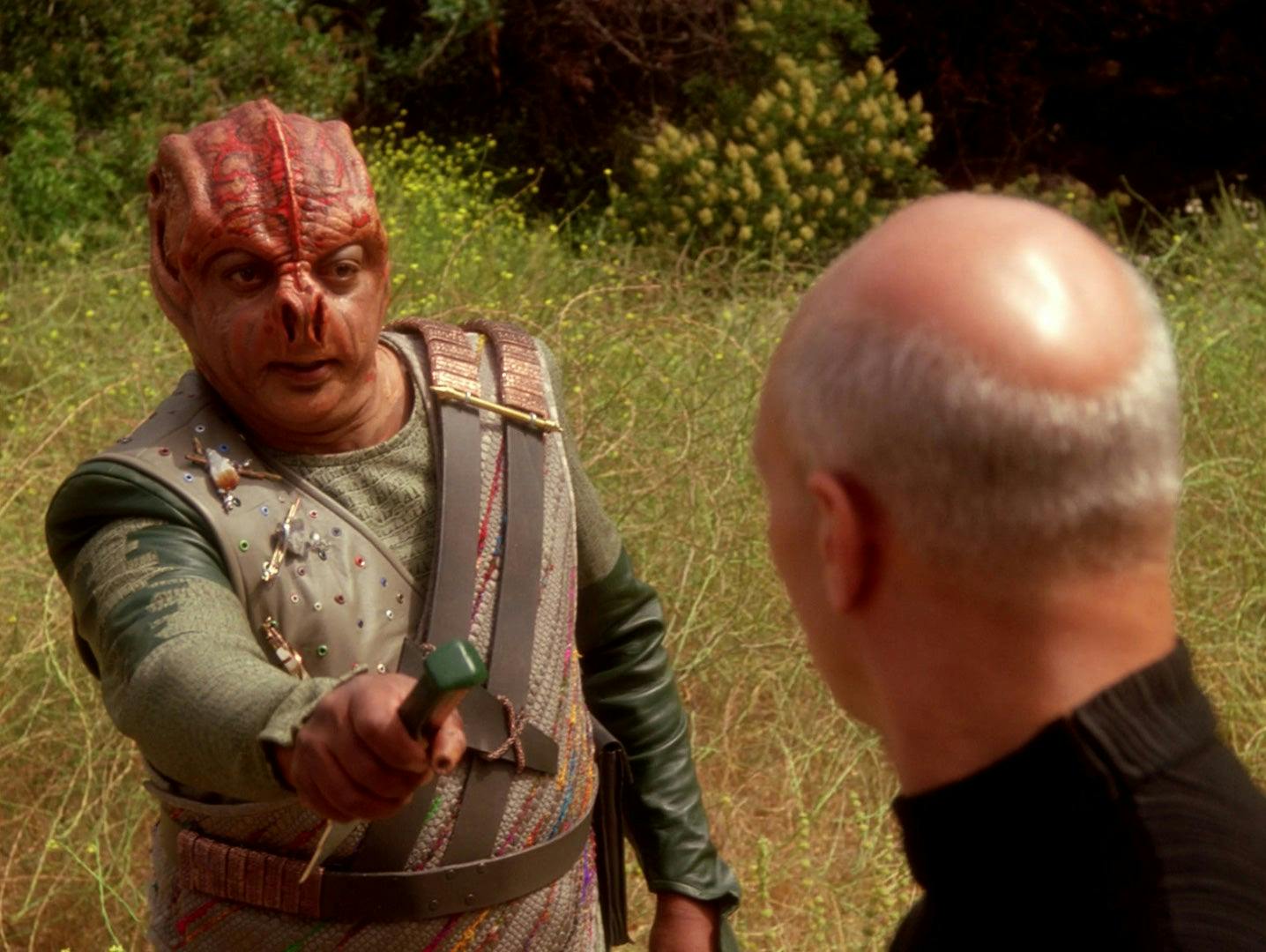
"Darmok"
StarTrek.com
Picard discovered, in “” on The Next Generation, that the Children of Tama, aka Tamarians, would prove complicated, as their interpersonal communication relies on a series of metaphors based on their own mythology and history.
For instance, “Darmok and Jalad at Tanagra” signifies cooperation. So be prepared for their fairly complicated hello — "Rai and Jiri at Lungha. Rai of Lowani. Lowani under two moons. Jiri of Ubaya. Ubaya of crossroads, at Lungha. Lungha, her sky gray.”
This is essentially their way of introducing themselves to a new culture. Return the favor by saying, “Temba, his arms wide,” (offering a gift) or “Temba, at rest,” which is a sign of peace.
Tholian
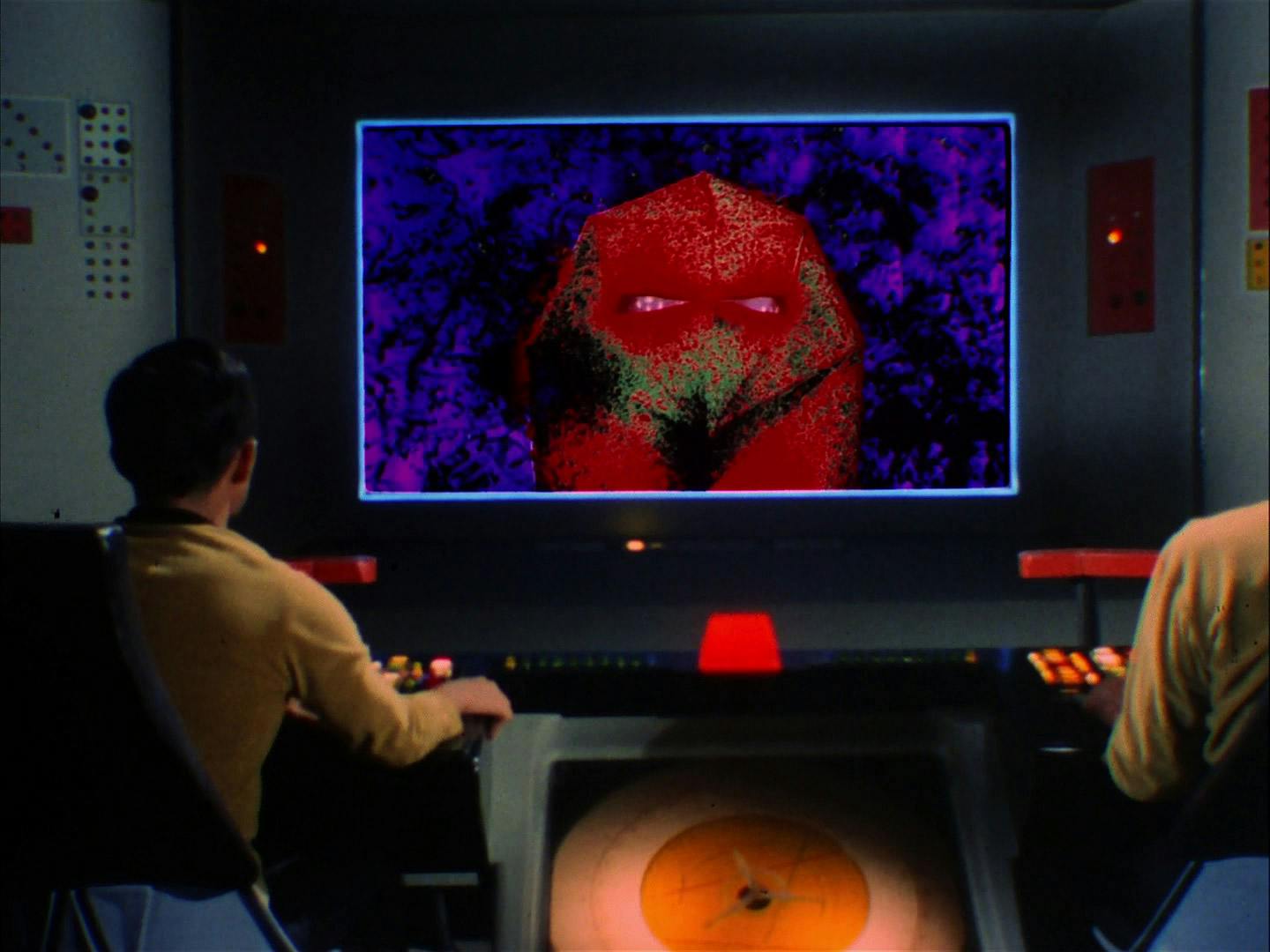
"The Tholian Web"
StarTrek.com
The Enterprise’s first encounter with the Tholians in “” put them viewscreen-to-viewscreen with a foreign entity that resembled a psychedelic cube with eyes. They’re a crystalline species with six legs that look a bit like a praying mantis with a hard, mineral outer shell.
Upon encountering them, expect to hear a high-pitched series of clicks and chirps, which can be a bit piercing to the ears, but is still modulated through universal translator. Just be honest and forthright in your response; as Loskene says to the Enterprise, “We do not tolerate deceit.”
Terran
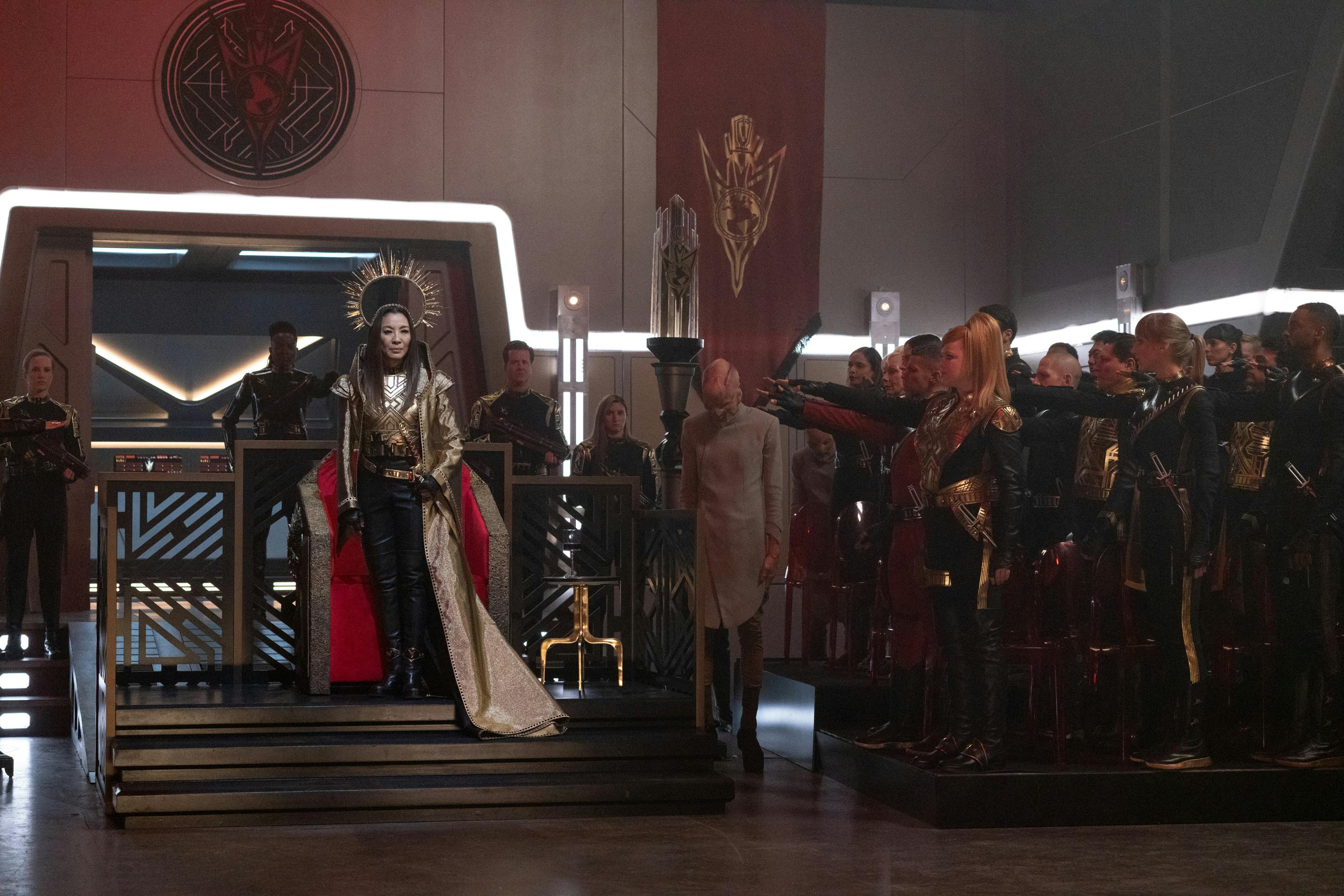
"Terra Firma, Part 1"
StarTrek.com
Terrans are humans, technically, but being from the Mirror Universe, there are some notable differences.
For one, they’re more sensitive to light than humans from our universe. Another, they live in a cutthroat, dog-eat-dog society where hostilities run deep. As such, they have a different set of formalities than the Federation, namely that their greeting to one another is the Roman salute — one arm extended out forward, palm down — accompanied by a hearty cry of, “Long live the empire!”
For the sake of not provoking those hostilities when in the Mirror Universe, it’s probably best to return the greeting.
The Borg
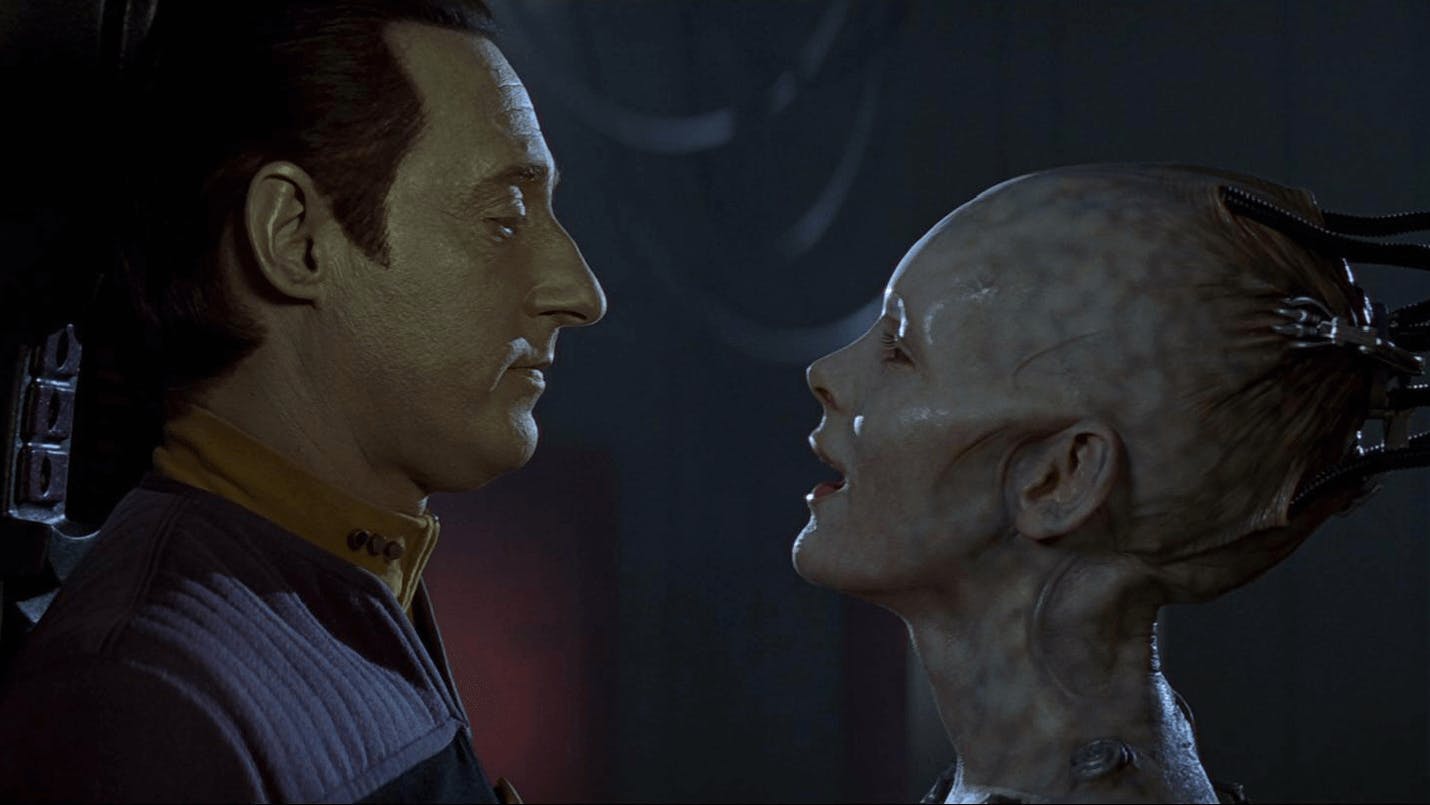
Star Trek: First Contact
StarTrek.com
One-on-one encounters with the Borg don’t really happen. Each member of the Borg Collective is interconnected, part of a hive mind working in unison, and communicating with one is communicating with all of them. However, they have a single-minded mission to assimilate people and technology that will allow them to advance and remain dominant as a society.
There are variations of their standard greeting, though it generally goes something like this, “We are Borg. You will be assimilated. Resistance is futile.” Once they’ve greeted you, however, they intend to assimilate you — they’re upfront about that — so there’s no need for a response! Contact isn’t advised.

